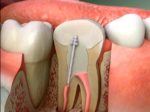Signs of Emerging Wisdom Teeth: How to Tell If Your Third Molars are on Their Way
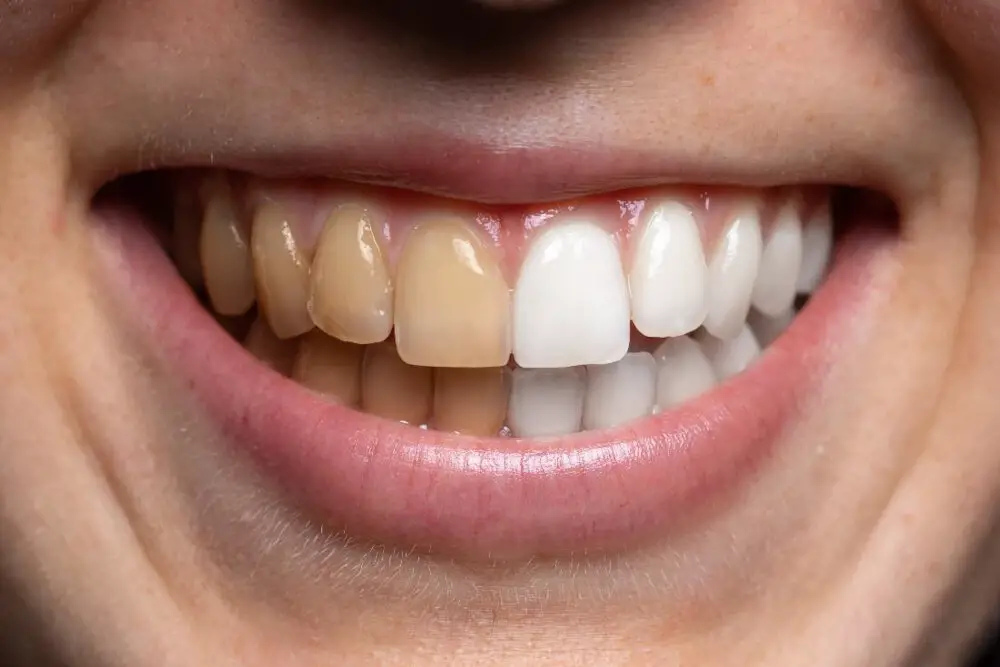
Wisdom teeth, also known as third molars, are the last set of permanent teeth to emerge in the back of the mouth. Typically, these teeth grow in between the ages of 17 and 25, although some people may experience their emergence earlier or later. While some individuals may not experience any issues with their wisdom teeth, others may suffer from pain, infections or other complications due to the lack of space in the jaw. As such, it is important to keep an eye out for the signs of emerging wisdom teeth, so that you can prepare yourself for their arrival. One of the most common signs that your wisdom teeth are on their way is discomfort or pain in the back of your mouth. This can be caused by the pressure of the emerging teeth against your gums or other teeth, and may be accompanied by swelling or redness. Other symptoms of emerging wisdom teeth can include jaw stiffness, difficulty opening your mouth, and a persistent bad taste or bad breath. If you experience any of these signs, it is important to consult with your dentist, who can help you manage any pain or complications that may arise as a result of your emerging wisdom teeth.
Wisdom teeth, also known as third molars, are the last set of molars to emerge in the back of the mouth. They usually appear between the ages of 17 and 25, although some people may not develop them at all. The purpose of wisdom teeth is not entirely clear, but it is believed that they were once necessary for our early human ancestors who needed the extra molars to grind up tough, fibrous foods. However, as our diets have evolved over time, these teeth have become less necessary and can often cause problems due to their size and position in the mouth. It is important to monitor the emergence of wisdom teeth and consult with a dentist if any issues arise.
Identifying signs of emerging wisdom teeth is crucial as it can help prevent potential dental complications. Wisdom teeth, also known as third molars, usually appear between the ages of 17 and 25, but they can also emerge later in life. Some common symptoms of emerging wisdom teeth include pain, swelling, and discomfort in the back of the mouth. If left untreated, wisdom teeth can cause overcrowding, tooth decay, gum disease, and even cysts or tumors. By identifying the signs of emerging wisdom teeth early on, you can seek professional dental care and take preventative measures to ensure your oral health and wellbeing.
Age and Timing
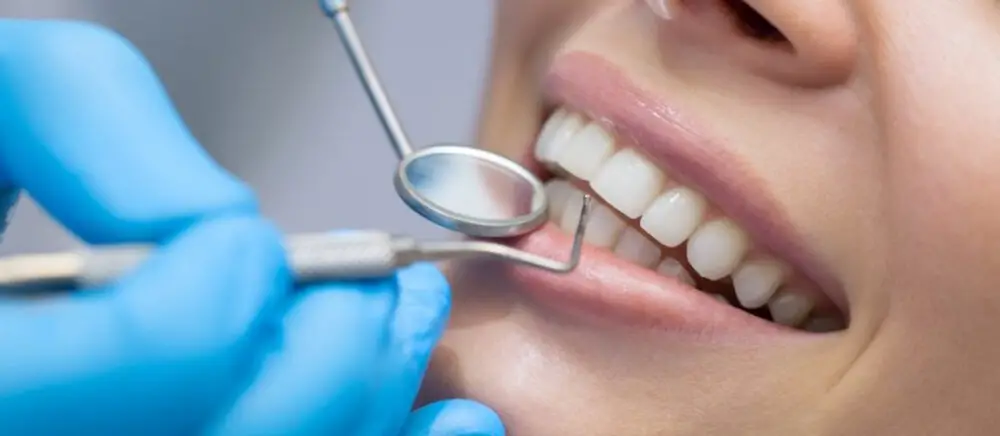
Age and timing play important roles in the emergence of wisdom teeth. Typically, wisdom teeth begin to emerge during the late teenage years or early twenties, although some people may experience this process earlier or later in life. The timing of wisdom teeth emergence can be influenced by a variety of factors, including genetics and overall dental health. In some cases, wisdom teeth may not emerge at all, while in others they may emerge partially or become impacted, leading to pain and discomfort. As people age, the emergence of wisdom teeth becomes less common. This is because the jawbone stops growing and there is less space available for new teeth to emerge. If wisdom teeth do begin to emerge later in life, it may be more difficult for them to fully emerge and they may be more prone to complications such as impaction or infection. It is important to monitor the emergence of wisdom teeth and seek dental care if any issues arise, regardless of age. By staying aware of the signs of emerging wisdom teeth and seeking prompt treatment, individuals can help ensure their oral health and avoid potential complications.
The typical age range for wisdom teeth to emerge is between 17 and 25 years old, although it can vary from person to person. These third molars are the last teeth to develop, and they often cause discomfort and pain as they begin to emerge. Some people may not have enough room in their mouth for the wisdom teeth to grow in properly, leading to crowding and potential infection. It’s important to monitor the progress of your wisdom teeth and consult with a dentist if you experience any pain or swelling.
The emergence of wisdom teeth can be influenced by various factors. Genetics plays a significant role in determining the timing of their emergence. If your parents had their third molars early, chances are you will too. Age is another factor that comes into play as the teeth typically emerge between the ages of 17 and 25. However, some individuals may experience delayed emergence. Additionally, the position and orientation of the teeth can impact their emergence. If the teeth are impacted, it may take longer for them to emerge, and they may require surgical intervention. Other factors such as overall oral health, diet, and lifestyle choices can also affect the timing of wisdom teeth emergence.
Pain and Discomfort
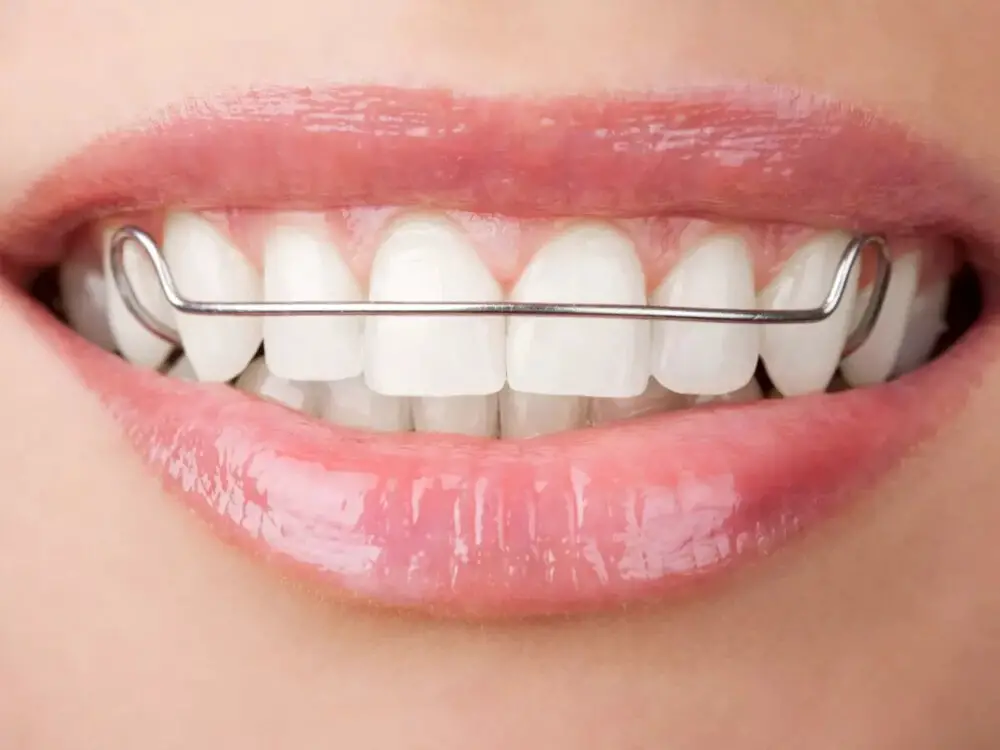
Pain and discomfort are common signs of emerging wisdom teeth. As the third molars begin to surface, they can cause discomfort and pain in the gums, jaw, and surrounding teeth. This discomfort can be experienced as a dull ache or sharp pain, and may be accompanied by swelling, redness, and inflammation. In some cases, the pain may radiate to the ear or neck, making it difficult to chew, talk, or open the mouth. This pain is often the result of the tooth pushing against the surrounding teeth and gums, as well as the pressure it exerts on the jawbone. If left untreated, this pain can become more severe and chronic, leading to more serious dental problems and complications. In addition to pain and discomfort, other signs of emerging wisdom teeth include bad breath, difficulty opening the mouth, and an unpleasant taste in the mouth. These symptoms are the result of the bacteria that can accumulate around the emerging teeth, causing infection and inflammation in the gums. It is important to seek dental attention if any of these symptoms are present, as they can indicate a serious dental problem that requires prompt treatment. With early intervention, however, emerging wisdom teeth can be managed and treated effectively, allowing you to maintain optimal dental health and prevent future complications.
The emergence of wisdom teeth, or third molars, can cause pain and discomfort due to various reasons. Firstly, the mouth may not have enough space to accommodate the new teeth, leading to overcrowding and pushing on other teeth. Secondly, the wisdom teeth may not emerge fully, resulting in partial impaction or trapping of food and bacteria. This can cause inflammation and infection, leading to pain and swelling. Furthermore, the emergence of wisdom teeth can also cause gum irritation and soreness, especially if the teeth are erupting at an angle. Overall, the signs of emerging wisdom teeth should be closely monitored to identify any issues and seek appropriate dental care.
When your wisdom teeth are emerging, there are several symptoms you should be aware of. One of the most common is jaw pain, which can be caused by the pressure of the new teeth pushing against existing teeth. Headaches are also a common symptom, as the pressure can cause discomfort in the surrounding nerves and muscles. Additionally, you may experience swelling or redness in the gums, difficulty opening your mouth fully, and bad breath. These symptoms can vary in severity and may not always be present, so it’s important to pay attention to any changes in your oral health and speak with your dentist if you have concerns.
Changes in Mouth and Teeth
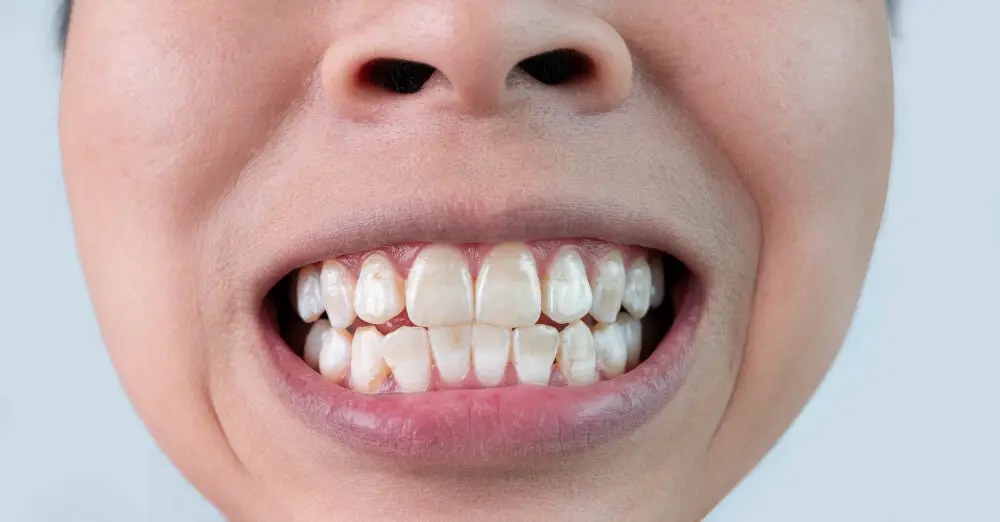
Changes in the mouth and teeth are common and can be caused by several factors. One of the most common changes is the emergence of wisdom teeth. Wisdom teeth, also known as third molars, are the last set of molars to develop in the mouth, and they typically emerge between the ages of 17 and 25. When wisdom teeth begin to emerge, they can cause a range of symptoms, including pain, swelling, and difficulty opening the mouth. In some cases, wisdom teeth may become impacted, which means they are unable to fully emerge from the gums. This can cause further complications, such as infection and damage to surrounding teeth. Other changes in the mouth and teeth can be caused by dental conditions, such as cavities, gum disease, and tooth decay. These conditions can cause pain, sensitivity, and changes in the appearance of the teeth. In some cases, dental conditions may require treatment, such as fillings, root canals, or extractions. Changes in the mouth and teeth can also be caused by lifestyle factors, such as smoking, poor oral hygiene, and a diet high in sugar and carbohydrates. Maintaining good oral hygiene and visiting the dentist regularly can help prevent dental conditions and ensure the health of your teeth and gums.
The emergence of wisdom teeth can cause various physical changes in the mouth and teeth. One of the most common indications is discomfort or pain in the back of the mouth, where the wisdom teeth are located. The gums may also become red, swollen, or tender, which can make it difficult to eat or brush teeth properly. Additionally, emerging wisdom teeth can cause overcrowding, resulting in bite problems, and may lead to decay and gum disease. Other signs may include difficulty opening the mouth fully or a sensation of pressure or tightness in the jaw. If you notice any of these changes, it is essential to consult your dentist to determine whether your wisdom teeth are emerging and what treatment options are available.
As an individual reaches their late teenage years, it is common for their third molars, or wisdom teeth, to begin emerging. Signs of emerging wisdom teeth include a variety of dental issues such as crowding and shifting teeth, gum inflammation, and visible tooth buds. Crowding and shifting teeth can occur as the wisdom teeth push against the surrounding teeth, causing them to move. Gum inflammation is also common as the impacted wisdom teeth can cause irritation and swelling. Visible tooth buds, or small tooth-like growths, can also be a sign that wisdom teeth are emerging. It is important to be aware of these signs and to visit a dentist for an evaluation to determine if wisdom teeth need to be removed.
Xrays and Professional Evaluation
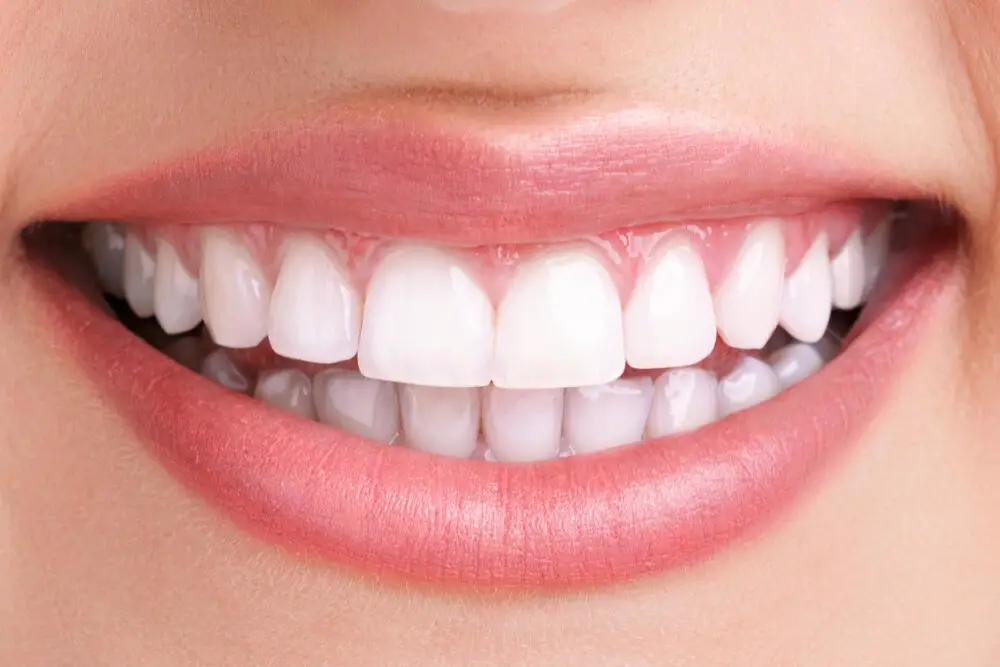
When it comes to detecting emerging wisdom teeth, X-rays play a crucial role in the professional evaluation process. These diagnostic images can reveal the position, size, and shape of the third molars, as well as any potential issues that may arise as they continue to develop. Dentists and oral surgeons often recommend X-rays for patients who are experiencing symptoms such as pain, swelling, or difficulty chewing. By analyzing these images, they can determine whether the wisdom teeth are impacted, meaning they are unable to fully emerge from the gums, or if they are growing in a way that may cause crowding or damage to neighboring teeth. In addition to providing valuable information about the development of wisdom teeth, X-rays can also help dentists and oral surgeons plan for their removal. Depending on the position and angle of the third molars, the removal process may require a simple extraction or a more complex surgical procedure. By carefully examining the X-rays, dental professionals can determine the best course of action for each patient’s unique situation. Overall, X-rays are an essential tool in the professional evaluation of emerging wisdom teeth, allowing dentists and oral surgeons to provide the most effective and personalized treatment possible.
Dental x-rays are essential in identifying emerging wisdom teeth as they can detect the position, size, and stage of development of these teeth. This information is crucial in determining whether the wisdom teeth will cause any problems, such as impaction, infection, or damage to adjacent teeth. Additionally, dental x-rays can help dentists develop a treatment plan, which may include extraction, monitoring, or preventive measures. Without dental x-rays, it may be challenging to detect emerging wisdom teeth, which can lead to serious dental health issues. Therefore, it is essential to have regular dental check-ups, including x-rays, to ensure early detection and proper management of wisdom teeth.
If you suspect that your wisdom teeth are beginning to emerge, it is important to seek a professional evaluation in order to determine the best course of action. A dental professional will be able to examine your teeth and determine whether or not your wisdom teeth are causing issues such as overcrowding, infection, or damage to surrounding teeth. Depending on the severity of the issue, treatment options may vary from simple monitoring to extraction of the affected teeth. In some cases, the wisdom teeth may be able to be left alone if they are not causing any problems, but it is important to have a professional evaluation in order to make an informed decision and prevent potential complications.
In summary, recognizing the signs of emerging wisdom teeth is crucial in ensuring proper dental care. Some of the most common symptoms include mild to severe pain, swelling, and discomfort in the gums and jaw. Other indicators that your third molars are on their way include difficulty opening your mouth, a persistent bad taste or odor in your mouth, and the appearance of small bumps on your gums. If you experience any of these symptoms, it is important to consult with your dentist to determine the best course of action. Early detection and treatment can prevent complications and ensure healthy dental development.
Regular dental checkups play a crucial role in monitoring the emergence of wisdom teeth. As these molars come in, they can cause several dental issues such as overcrowding, misalignment, and discomfort. By visiting a dentist regularly, individuals can identify the early signs of wisdom teeth emergence and take the necessary steps to prevent or manage these problems. The dentist will examine the teeth and gums to determine if the wisdom teeth are starting to emerge and develop a treatment plan accordingly. Early detection can help avoid complex and costly procedures in the future, ensuring optimal oral health for years to come. Therefore, it is vital to attend regular dental checkups to monitor the emergence of wisdom teeth and prevent potential dental problems.
If you notice any signs of emerging wisdom teeth, such as pain, swelling, or discomfort in the back of your mouth, it is highly recommended that you seek professional evaluation. While not all individuals experience discomfort when their wisdom teeth begin to emerge, it is important to have a dentist or oral surgeon examine your mouth to determine if your wisdom teeth are growing properly and not causing any damage to surrounding teeth or gums. Ignoring these signs could lead to more serious dental problems down the line, including infections, cysts, and even damage to nearby nerves. It’s always better to be proactive and address any potential issues before they become more severe.
Conclusion

In conclusion, recognizing the signs of emerging wisdom teeth is crucial in preventing dental issues and ensuring optimal oral health. Symptoms such as pain or discomfort, swelling, and difficulty opening your mouth should not be ignored as they may be indicative of the arrival of your third molars. Consulting with a dental professional can provide further insight and aid in the proper management of emerging wisdom teeth. By staying vigilant and proactive, you can ensure that your teeth and gums stay healthy and pain-free.


